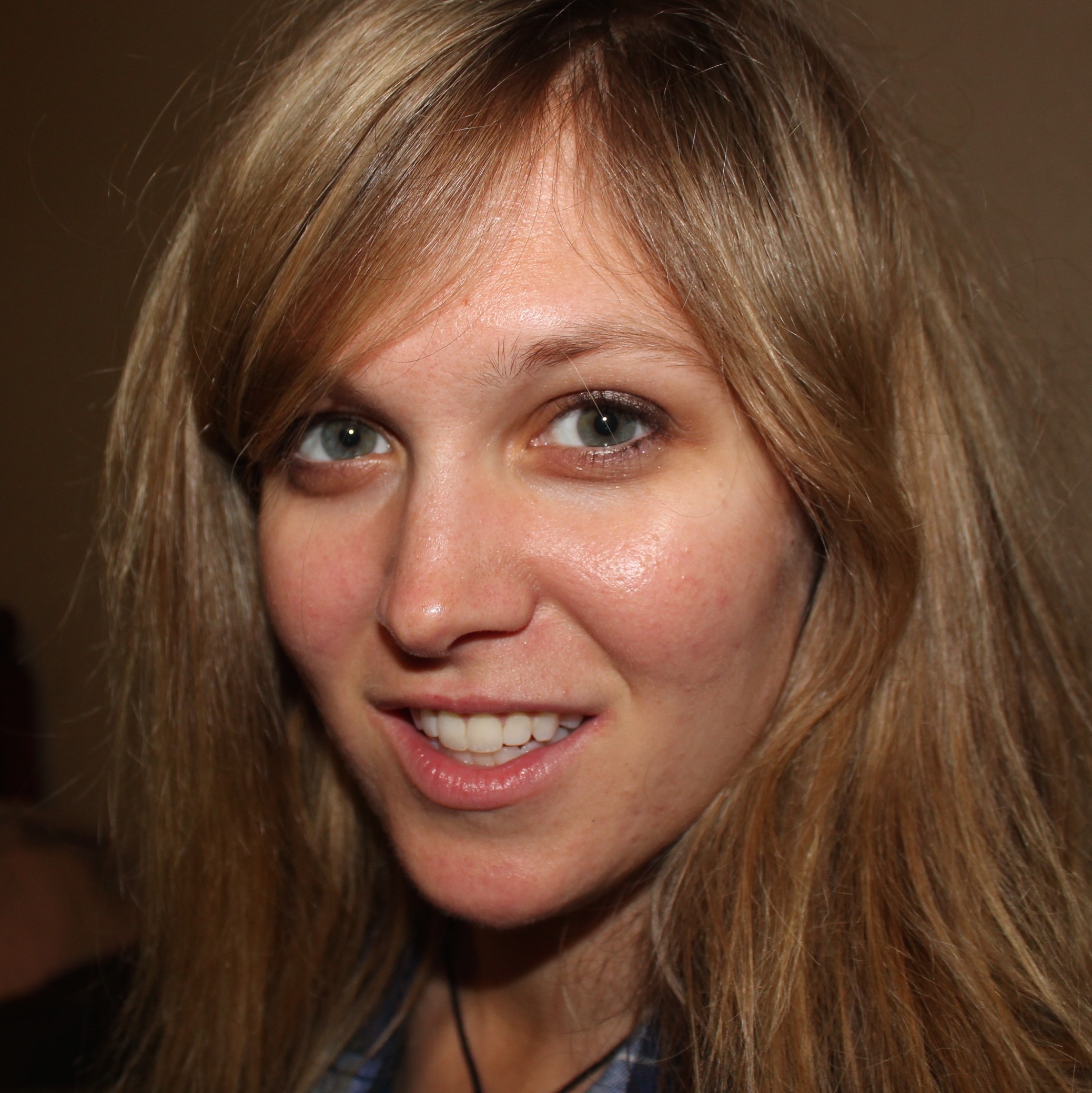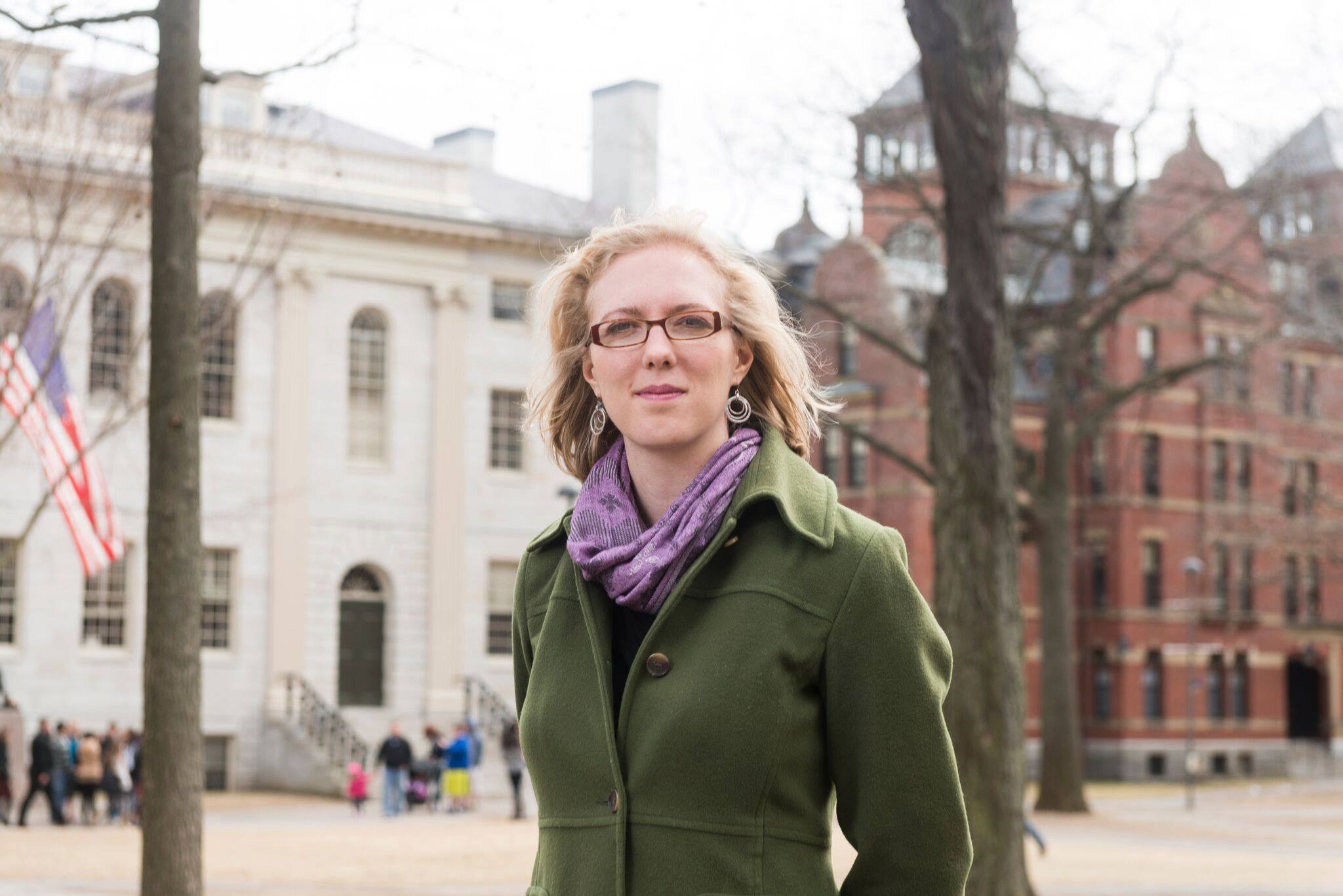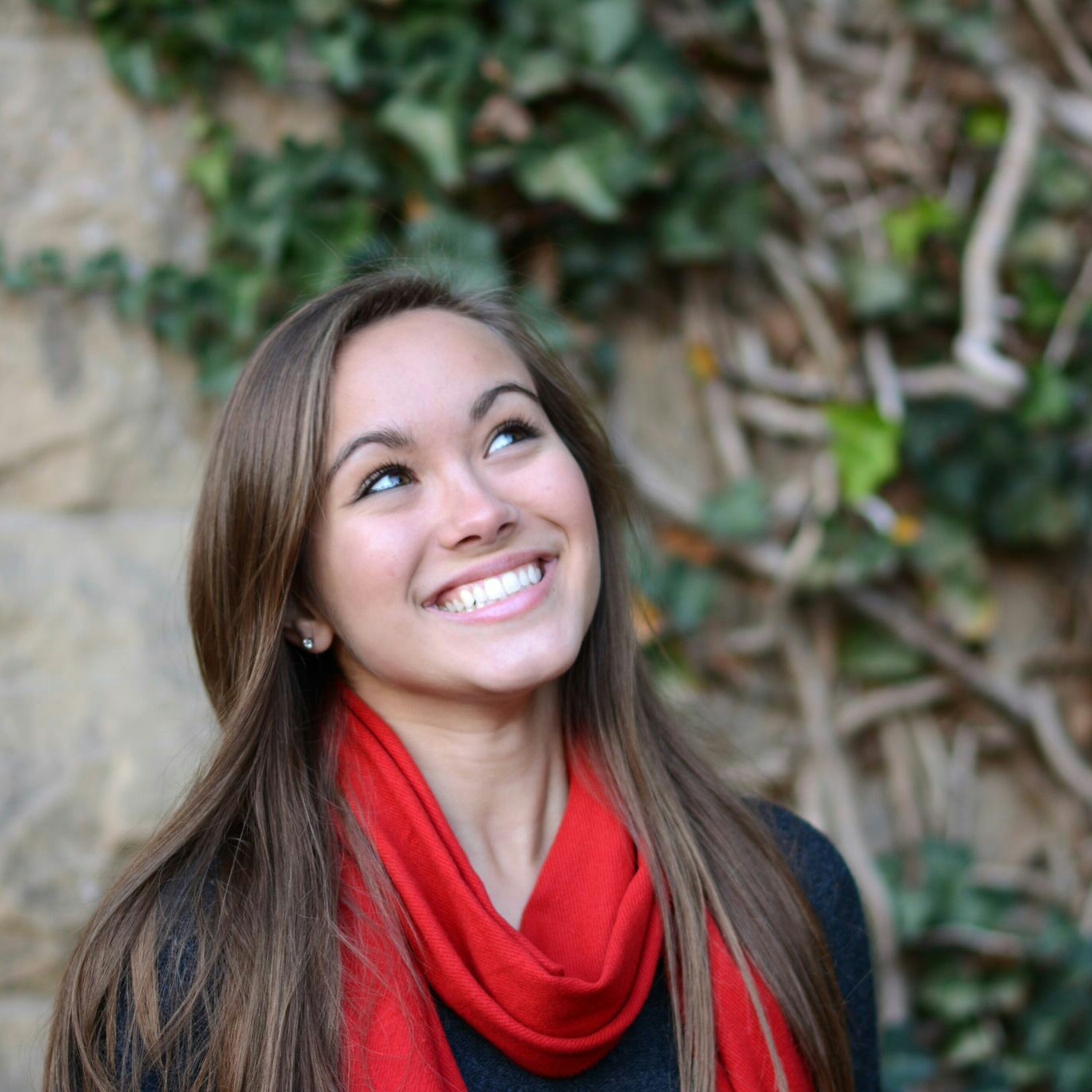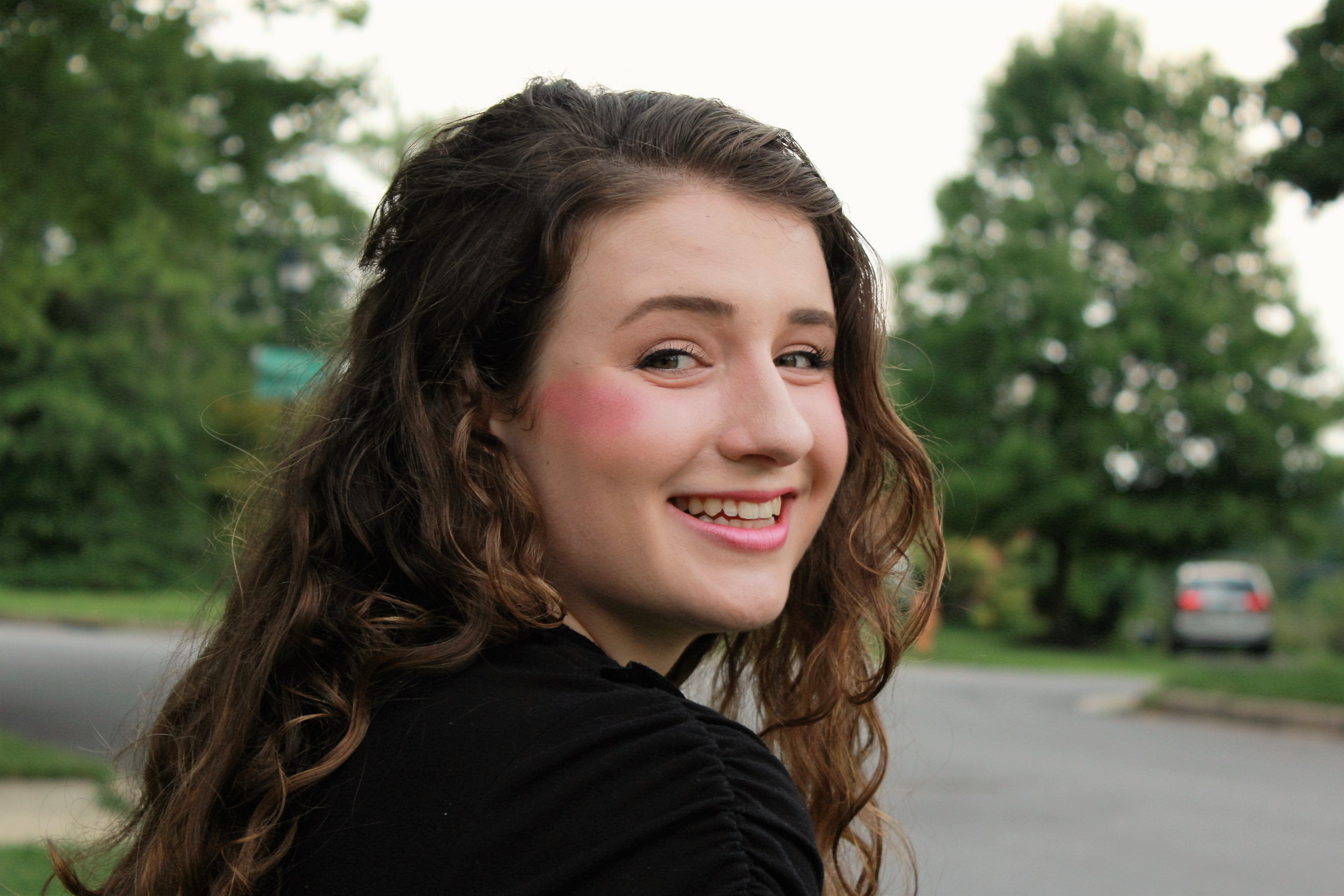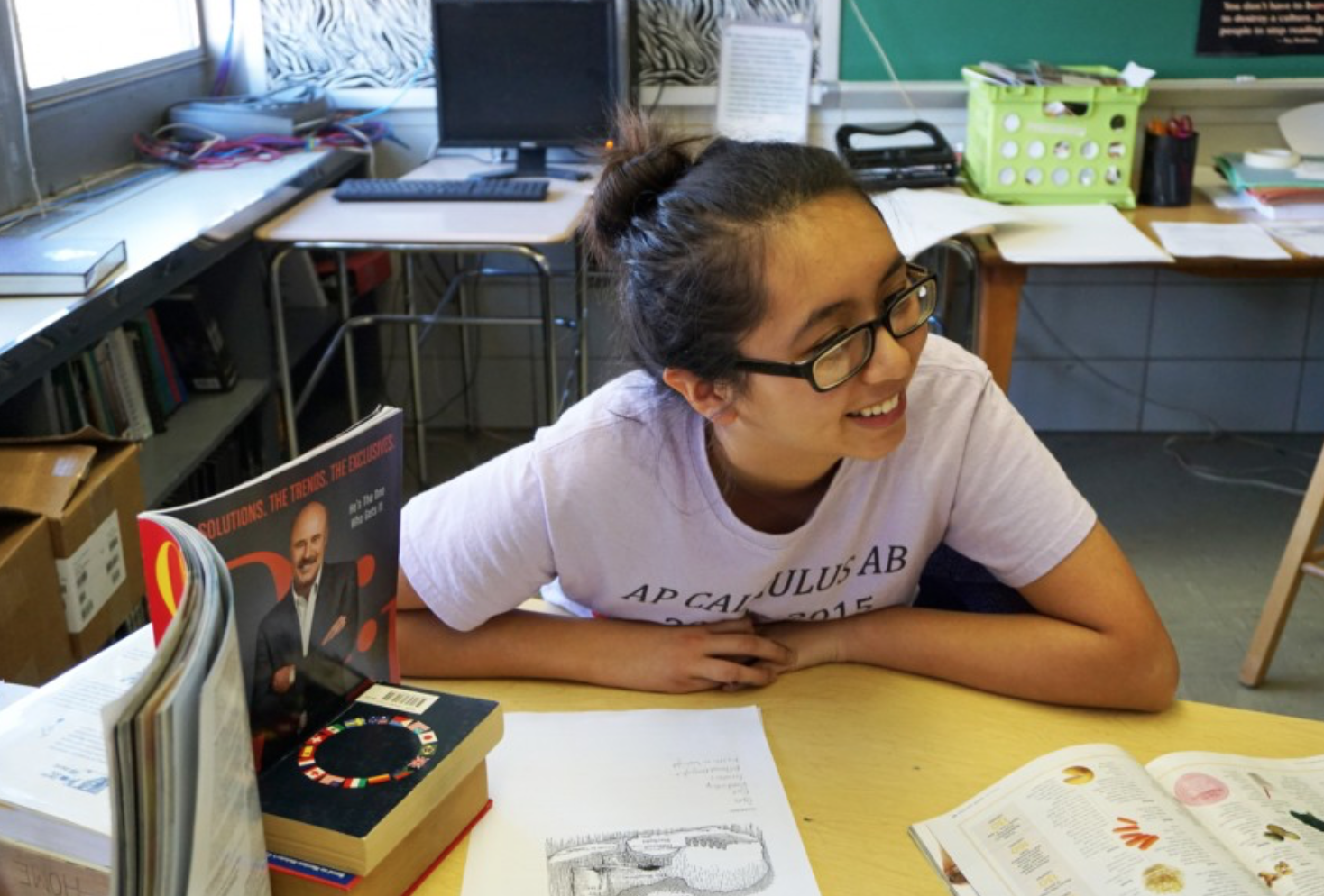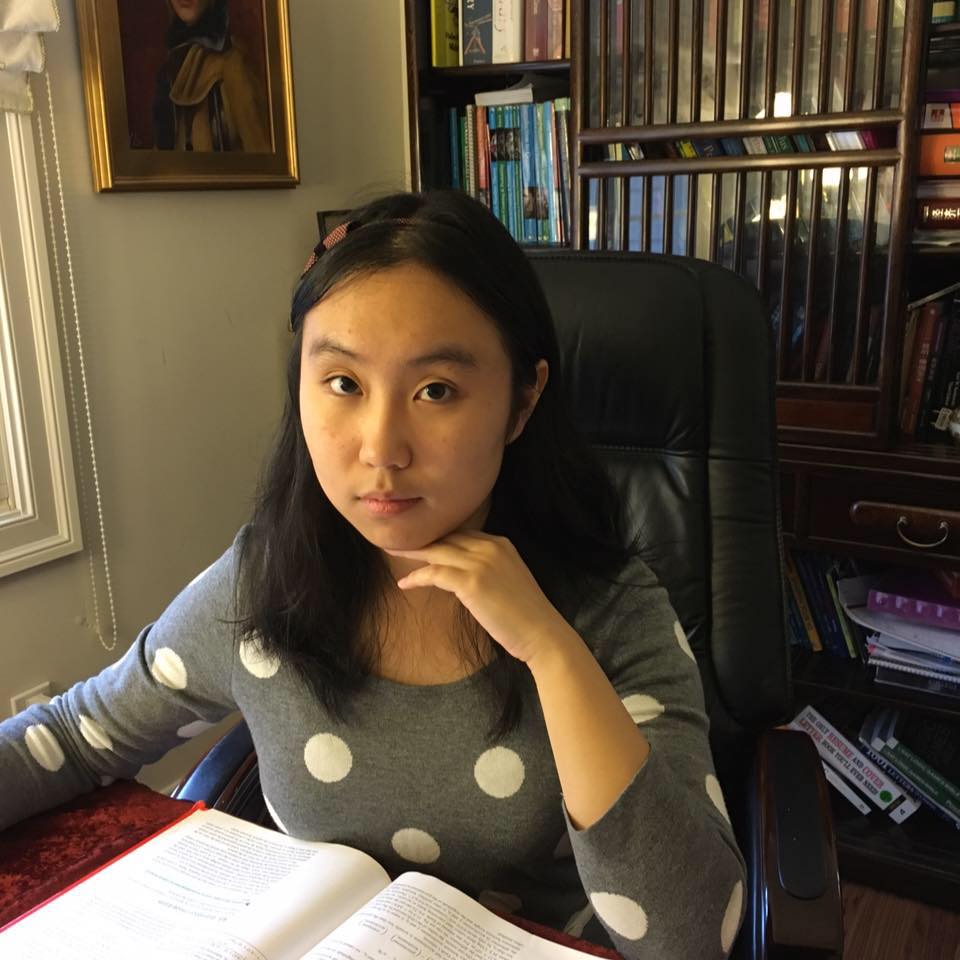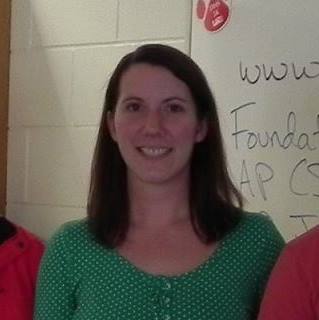Arizona State University
From the words of Theresa Mason Fisher, a PhD student focusing on astrobiology at Arizona State University, "Be yourself, fearlessly. Be kind, without hesitation." As a trans-lesbian astronomer, Theresa shares with us her motivations and experiences in the STEM world. She double majored in astronomy and biology as an undergraduate at the University of Virginia, then went on to get a MS in environmental science at Washington State University.
What motivated you or inspired you to go into your field?
It's hard to pinpoint exactly when I fell in love with astrobiology. I have memories of going to the National Air and Space Museum as a child, as well as the National History of Natural History ( I particularly remember an amazing short film on the origin of life , featuring singing DNA molecules). I was a voracious reader of science fiction growing up (something I inherited from my mother), and that also contributed. Above all, though, I had an insatiable curiosity about the world around me, which my parents and teachers nutured. I always wanted to know what over the next horizon, beyond the next frontier.
What were the first few steps you took to pursue your field in STEM?
I knew I wanted to go into science, and, if I could manage it, astrobiology from an early age, but wasn't sure how to get there.
There were also definitely setbacks- I was a decent but not stellar student in high school, and I didn't get into any of my first-choice colleges.
I ended up at one of my safety schools, and while I hated it at the time, it gave me an opportunity to figure out what I specifically wanted to do in science.
I decided the best way into astrobiology would be astronomy, so I transferred to the University of Virginia (which was known for having a strong program). I double-majored in biology, figuring that should cover my bases. In the mean time, I also made an effort to find opportunities for research experience, in everything from studying the behavior of trumpeter swans to measuring the reflectivity of Saturn's moons.
That hands-on experience prepared me for being a scientist more than anything else.
What is the environment like in your workplace? What are some of your responsibilities?
I'm a PhD student and research assistant. For the most part, my title is pretty self-explanatory- I research things. Specifically, I work on modeling the possible atmospheres and ecosystems of alien worlds. The nice thing about my research is that since it's all done on computer, I can work anywhere I have my laptop- at home, on campus, on the beach, wherever. Since I'm also a student, I also have classes (though only for a few more semester), and with them, homework and the like (somethings never change).
I really like the lab group I'm part of- we have a very friendly and engaging atmosphere, and lots of spirited discussion. My lab is also extremely open to diversity, and supportive of historically marginalized communities- which, as an out trans lesbian, I really appreciate. I've never felt anything other than acceptance from my lab group.
How have you combated gender/racial stereotypes in STEM?
I have a rather unique perspective on women in STEM- for the first few years of my career, I was still living as a man. As a result, I'm very sensitive to the differences between how men and women are treated in science, and make an effort to draw attention to these differences, whether it's something small (getting talked over) or big (getting ignored at conferences). It does seem to be getting better- within my generation of astrobiologists, I never felt like I was treated differently, either before or after I transitioned to female.
What have been your biggest challenges so far? How do you maintain positivity and motivation despite obstacles or barriers?
Grad school, and academia in general, can feel very overwhelming. There's always so much to do, and figuring out how to use your time to make the most out of it can be difficult to learn. There have been more than a few times – some of them surprisingly recent- where I've felt like I've hit a limit, and can't keep going. But every time that's happened, I've picked myself back up, taken a good, hard look at my situation, and figured out away to make it all work and get everything done in time.
Is it ever too late to enter a STEM field if you've started out on a different path?
Absolutely not! The more diverse of perspectives we have, the better results we'll get. Science belongs to everyone, and, if anything, people with unusual backgrounds should be encouraged to get involved.
What motto or core values do you live by?
Be yourself, fearlessly. Be kind, without hesitation.
Hasn't failed me yet.

